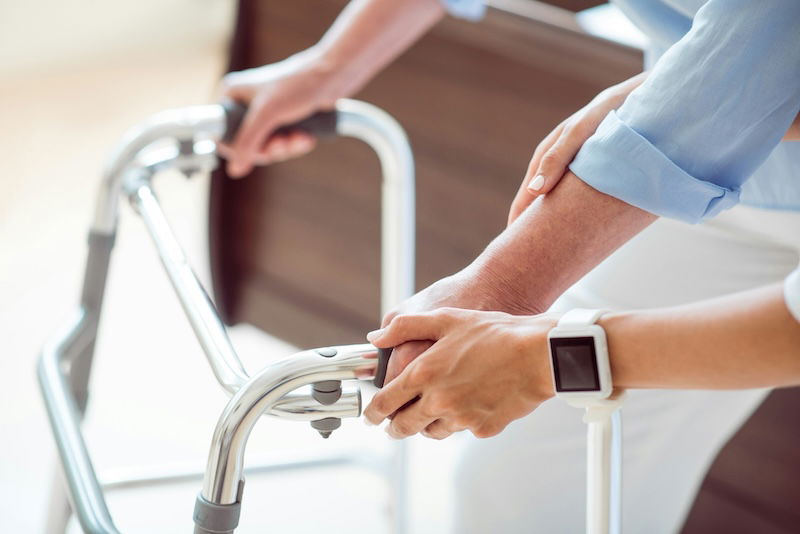Knowridge
7d
353

Image Credit: Knowridge
This wearable device improve balance and prevent falls in older people
- A new wearable device called WBED, developed by a team from Tokyo University of Science, helps improve balance and prevent falls in older people.
- The device resembles high-tech suspenders and uses soft artificial muscles to create unexpected movements, helping users stay upright without falling.
- It is portable, easy to use, and suitable for home use or physical therapy sessions, providing a convenient way to train balance.
- In a study with 18 healthy men, those who trained with the real WBED showed significant improvements in reacting to unexpected balance shifts.
- Regular use of WBED could lead to fewer falls and increased confidence in walking or standing, benefiting older adults and those in physical therapy.
- Athletes could also benefit from the WBED, improving stability and coordination during training to enhance performance and prevent injuries.
- As the global population ages, devices like WBED could help people stay independent and safe, particularly in countries with a high elderly population like Japan.
- The WBED offers a practical way to enhance balance and quality of life for various individuals, not limited to older adults.
Read Full Article
21 Likes
For uninterrupted reading, download the app